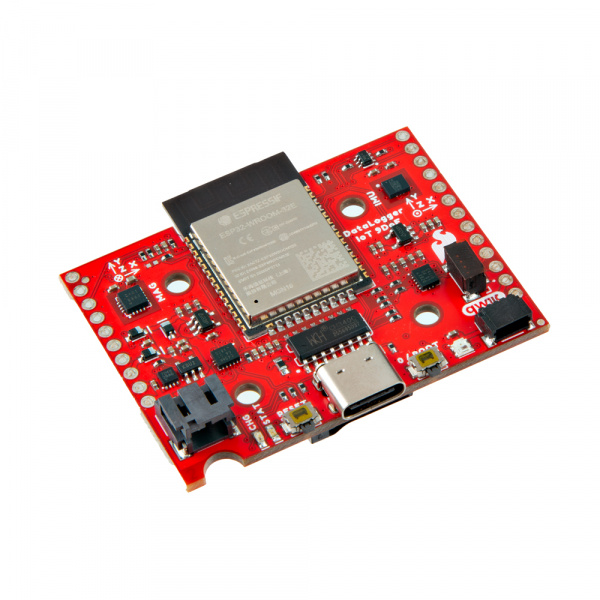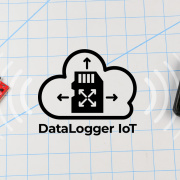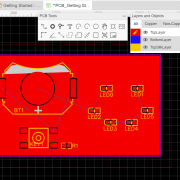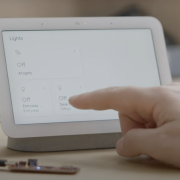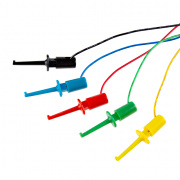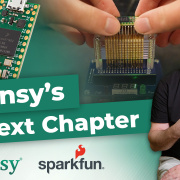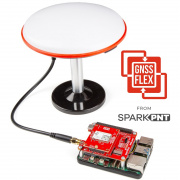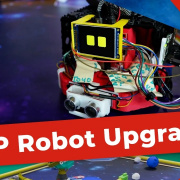IoT Platforms and Protocols
The new SparkFun DataLogger IoT - 9DoF is the plug-and-play datalogger of dreams - it can log to a variety of IoT platforms; including Azure IoT, AWS IoT, MachineChat, and ThingSpeak! Today, we're gonna give you an up close look at all the IoT platforms and protocols the DataLogger is currently compatible with so you know what your options are when you start your next IoT project!
In today's interconnected world, the Internet of Things is revolutionizing industries and transforming the way we live and work. This network of interconnected devices, sensors, and systems communicate and exchange data seamlessly, creating new possibilities for automation, efficiency, and innovation. Keeping this vast network running are many different IoT platforms and protocols, which play a crucial role in enabling effective communication and management of IoT devices.

This blog is inspired by the new SparkFun DataLogger IoT - 9DoF, which has wifi to enable logging to a variety of network IoT platforms, a connection made simple through its user-friendly software. Today, we're gonna give you an up close look at all the IoT platforms the DataLogger is currently compatible with, so you know what your options are when you start your next IoT project!
IoT Platforms
AWS IoT Core
AWS IoT Core, provided by Amazon Web Services, is a robust platform that offers a suite of services for building, managing, and analyzing IoT applications at scale. AWS IoT Core provides device management capabilities to securely register, organize, and manage your IoT devices. It supports device authentication, access control, and device shadowing for storing and retrieving device state information. This platform ensures secure and reliable communication between devices and the cloud through the use of protocols such as MQTT and HTTPs. It also supports device authentication and encryption of data in transit and at rest.
With AWS IoT, you can define rules and actions based on incoming device data. You can trigger AWS services, such as AWS Lambda, Amazon S3, or Amazon DynamoDB, to perform actions or store data based on specific conditions. AWS IoT seamlessly integrates with various other AWS services, including AWS Lambda, AWS Greengrass, Amazon Kinesis, and Amazon QuickSight. This enables advanced data processing, local edge computing, real-time streaming, and data visualization capabilities.
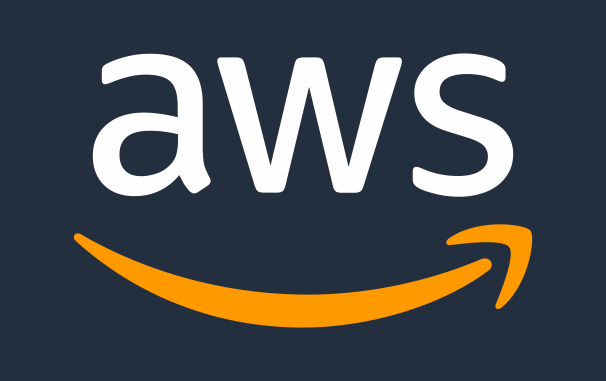
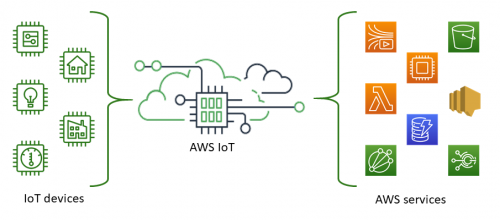
MathWorks ThingSpeak
ThingSpeak is an IoT analytics platform offered by MathWorks, the company behind MATLAB. It allows users to collect, analyze, and visualize IoT sensor data in real time.
ThingSpeak provides an API and tools for data logging and data visualization, which supports easy integration with IoT devices and data acquisition from various sources in your network. ThingSpeak also offers customizable visualizations including charts, gauges, and maps to effectively present and analyze IoT data, providing real-time updates and historical data views.
Additionally, ThingSpeak seamlessly integrates with MATLAB, a widely used computational and analytical tool. This enables the use of MATLAB for advanced analytics, modeling, and algorithm development on the collected data from your IoT network. This integration makes it suitable for rapid prototyping and proof-of-concept projects.
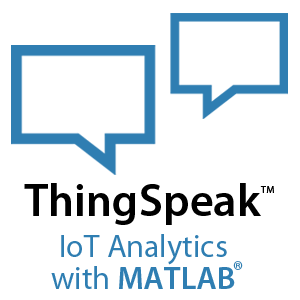
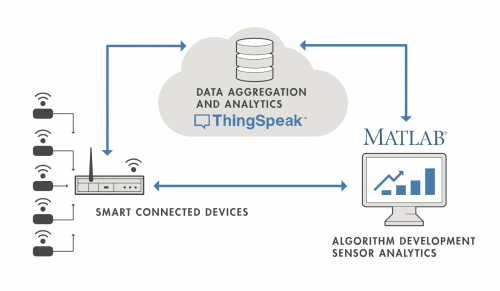
Azure IoT Hub
Azure IoT Hub, offered by Microsoft Azure, is a comprehensive platform designed to enable the development and management of IoT solutions. It provides a wide range of services and tools for connecting, securing, analyzing, and visualizing IoT devices and their data.
Azure IoT Hub allows for easy onboarding and provisioning of IoT devices, ensuring secure connections and authentication. The platform also provides device management capabilities to monitor and manage IoT devices at scale. It allows for device twin management, over-the-air updates, and configuration management.
Azure's IoT Hub integrates with Azure Stream Analytics and Azure Time Series Insights to enable real-time analytics and visualization of IoT data. This helps derive valuable insights from the data generated by IoT devices. The Hub also seamlessly integrates with other Azure services, such as Azure Functions, Azure Logic Apps, Azure Machine Learning, and Azure Storage. This allows for advanced data processing, automation, machine learning, and storage capabilities within your IoT network.
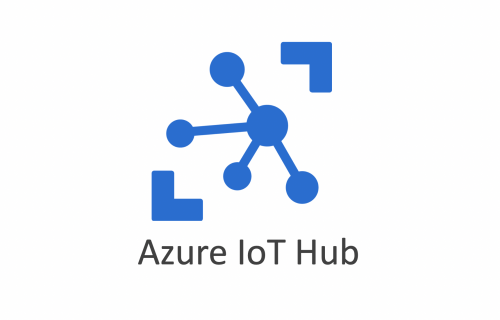
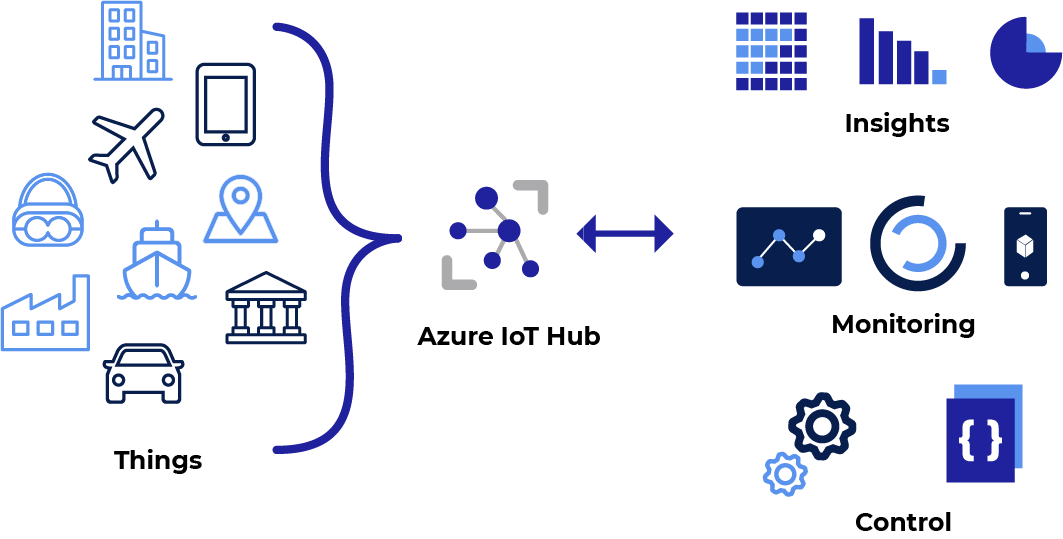
MachineChat
MachineChat is an IoT platform that focuses on providing easy-to-use solutions for connecting and managing IoT devices. It offers a range of products, including IoT Central and IoT Edge. MachineChat aims to simplify the deployment and management of IoT solutions while providing flexibility and scalability.
IoT Central is a cloud-based platform that simplifies the creation, management, and monitoring of IoT solutions. It provides customizable dashboards, device management features, data storage, and integration with third-party systems. IoT Edge, Mahcinechat's edge computing platform, enables local processing and analysis of IoT data at the edge of the network, closer to the devices. This allows for reduced latency, improved efficiency, and offline capabilities.
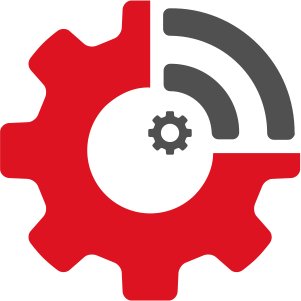
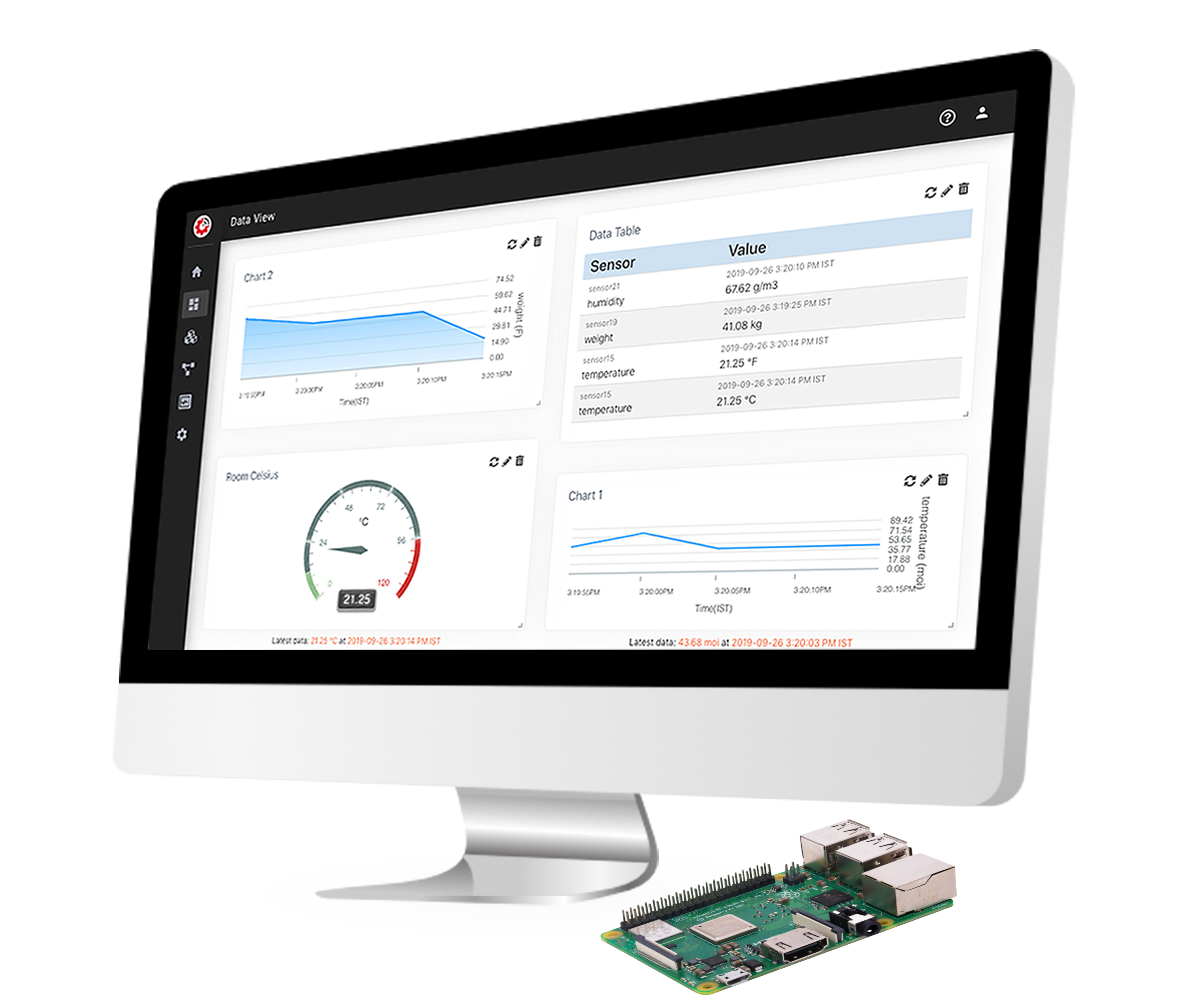
IoT Protocols
MQTT (Message Queuing Telemetry Transport) and HTTP (Hypertext Transfer Protocol) are both communication protocols used in IoT networks for transmitting data between devices and systems. While they serve a similar purpose, there are key differences in their design, usage, and suitability for different IoT scenarios.
MQTT
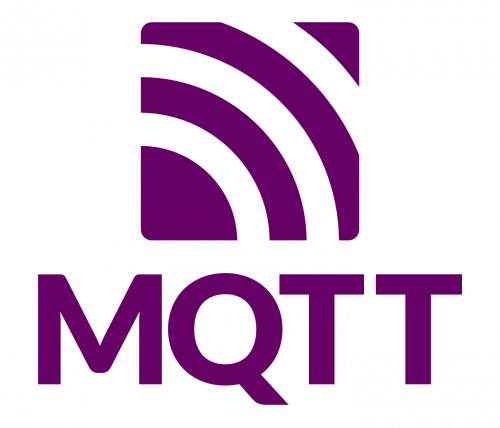
MQTT is a lightweight publish-subscribe messaging protocol designed specifically for resource-constrained devices and unreliable network connections. It follows a publish-subscribe pattern, where devices publish messages to specific topics, and other devices (subscribers) subscribe to those topics to receive the messages.
Key features of MQTT include:
Lightweight: MQTT is designed to be lightweight and efficient, making it ideal for IoT devices with limited processing power and bandwidth constraints.
Asynchronous Communication: MQTT supports asynchronous communication, allowing devices to publish and subscribe to messages independently, without the need for constant connections.
Low Overhead: MQTT uses a small packet header size, reducing network overhead and minimizing the data transfer required.
Quality of Service (QoS) Levels: MQTT offers different levels of QoS to ensure reliable message delivery, ranging from "at most once" (QoS 0) to "at least once" (QoS 1) and "exactly once" (QoS 2).
Real-time and Push-based: MQTT enables real-time data transmission and push-based communication, making it suitable for applications that require fast and timely updates, such as telemetry data or sensor readings.
HTTP
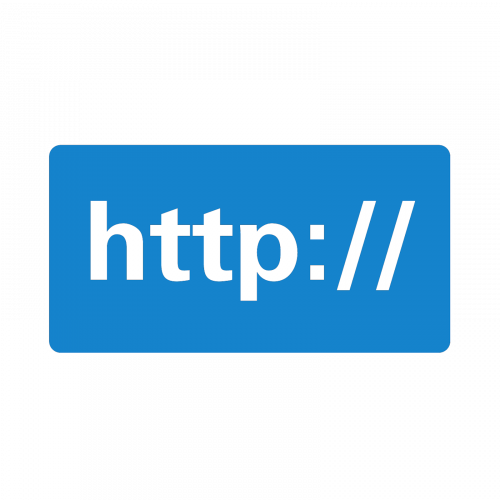
HTTP is a widely used protocol for communication between web clients (browsers) and servers. It is a request-response protocol, where clients send requests to servers, and servers respond with the requested data. While HTTP is primarily designed for human-readable web-based interactions, it is also used in IoT applications for data exchange.
Key features of HTTP include:
Request-Response Model: HTTP follows a request-response model, where clients initiate requests (e.g., GET, POST) to servers, and servers respond with the requested data or perform specified actions.
Standardized and Familiar: HTTP is a well-established and standardized protocol widely supported by web servers and clients. It is the foundation of the World Wide Web and commonly used for web-based APIs (such as RESTful APIs).
Wide Compatibility: Since HTTP is supported by most devices and systems, it is easy to integrate with existing web-based infrastructure and services.
Caching and Stateless: HTTP supports caching mechanisms, which can be beneficial for reducing bandwidth usage and improving performance. Additionally, HTTP is stateless, meaning each request is independent, and no connection is maintained between requests.
All of these platforms are compatible with the SparkFun DataLogger IoT - 9DoF, and are great tools for any IoT project you may be working on.
The SparkFun DataLogger IoT - 9DoF is a data logger that comes preprogrammed to automatically log IMU, GPS, serial data, and various pressure, humidity, and distance sensors—all without writing a single line of code! The DataLogger offers on-board 9DoF sensors; automatically detects nearly 50 Qwiic sensors - new sensors will continually be added; is built using the capabilities of an ESP32 processor to deliver advanced capabilities, including WiFi network access; and has wifi to enable logging to a variety of network IoT platforms and provides log outputs in CSV or JSON.
Have a favorite IoT platform? Let us know in the comments below, or show us what you're up to on Twitter, Instagram, Facebook or LinkedIn.
